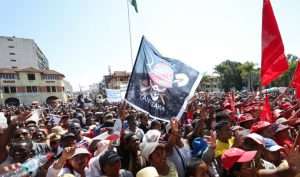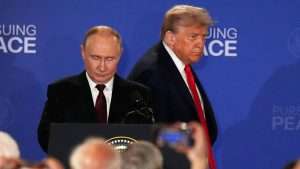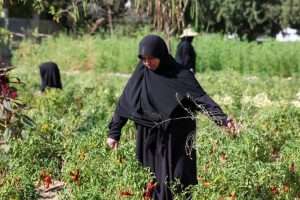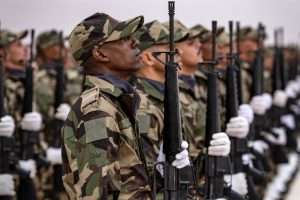Nigeria’s polio response rests in the hands of women
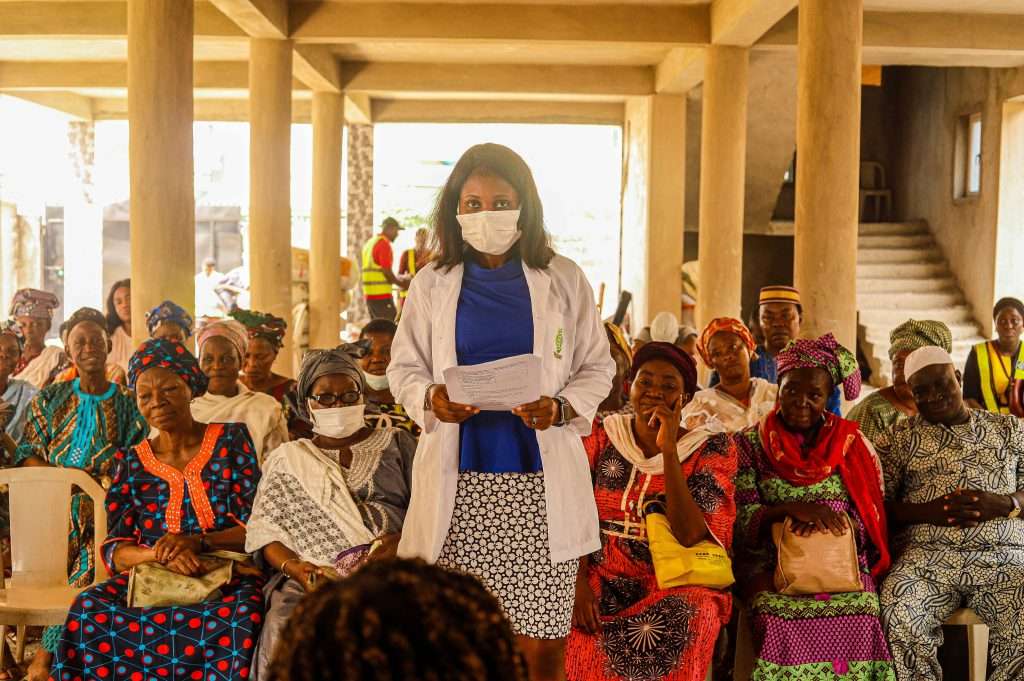
Nigeria has seen sporadic outbreaks of polio. Due to a combination of cultural, religious and safety reasons, Nigeria’s polio response rests in the hands of women, Al Jazeera reported on August 13th.
While Nigeria has made steady progress, declared free of the virus by the World Health Organization (WHO) in 2020, another strain, known as circulating vaccine-derived poliovirus (cVDPV), is still a threat. The strain is particularly deadly to rural and under-immunised communities and emerges when the weakened virus from oral vaccines mutates and spreads through food or water.
Once contracted, the disease often leads symptoms similar to those caused by the wild poliovirus infection, like paralysis and lifelong disabilities.
Aminat Oketi, a female vaccinator in Nasarawa State and mother of six, told reporters: “We go to schools, churches, mosques and markets.”
“Sometimes we vaccinate 150, even 300 children a day. The work is tough. But when I see a child protected, it is worth it,” Oketi added.
Female health workers have been put in charge of eradicating polio. In conservative areas, male health workers are often prohibited from interacting with women and children, leaving women the only ones allowed to enter households.
Households in conflict-affected areas, male health workers moving through a range of households may be mistaken for rebel activity.
“[Women] are able to talk to parents, gain trust, and explain the importance of vaccines in ways men cannot,” said Esu Danlami Audu, the village head of Kado, a vibrant and popular neighbourhood located in Abuja, Nigeria. In Kado, Audu said he has seen new polio cases decline thanks to the efforts of women vaccinators.
“Women are very social… That is why they have played such an important role in our progress against eradication of poliovirus.”
Up until March this year, the Global Polio Eradication Initiative (GPEI) said that Nigeria had seen at least 10 cases of the mutated strain. As of August 6th, the GPEI reported that the total number of cases reported this year has jumped to 22.
Borno State, a notorious hotspot for terror group Boko Haram, has been listed as one of the regions hardest hit by polio outbreaks. In some neighbourhoods, misinformation spread by religious leaders and armed groups like Boko Haram condemn vaccinators and portray immunisation as a Western plot.
“We handle it by trying to increase sensitisation,” said Aishatu, a vaccinator who leads the front-line immunisation campaign in the area. “We keep talking to the mothers, telling them the truth. Some accept it slowly, some after seeing others take it.”
Aishatu, who chose not to reveal her last name, explained that all of the women vaccinators repeatedly visit the community and use one-on-one conversations to replace vaccine myths and build a relationship with parents. However, it is not enough.
“More female vaccinators are needed,” Aishatu added. “That’s the best approach for the government to use for creating more awareness about [the need and effectiveness of] polio vaccines.”
Al Jazeera, World Health Organization (WHO), Global Polio Eradication Initiative (GPEI), Maghrebi.org
Want to chase the pulse of North Africa?
Subscribe to receive our FREE weekly PDF magazine







